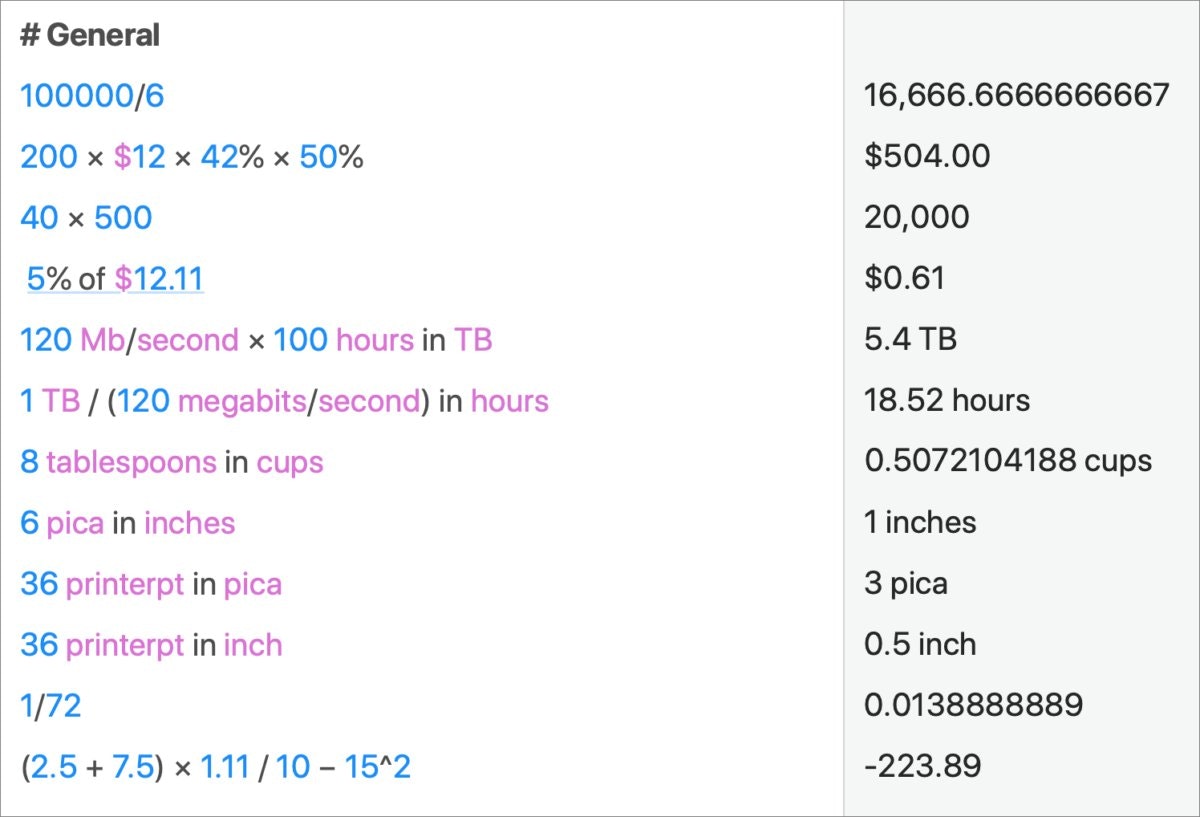
The key to sharing your greatest weaknesses in an interview is to be authentic but not self-sabotaging.
Soulver review how to#
< span data-mce-type="bookmark" style="display: inline-block width: 0px overflow: hidden line-height: 0 " class="mce_SELRES_start"> & #65279 < /span> < span data-mce-type="bookmark" style="display: inline-block width: 0px overflow: hidden line-height: 0 " class="mce_SELRES_start"> < /span> How to Describe Your Weaknesses

< span data-mce-type="bookmark" style="display: inline-block width: 0px overflow: hidden line-height: 0 " class="mce_SELRES_start"> < /span> One of my proudest moments was winning a team appreciation award earlier this year, and honestly, I really enjoy doing my part to help everyone do their best work.” I really enjoy working as a team and leveraging everyone’s unique skills and perspectives on a project, while at the same time having fun and maintaining a manageable work/life balance. “I think my greatest strength is team management. I love helping teams manage all the moving parts and multiple deadlines of a big project so they can focus on their deliverables.” Sample Answer #3: For example, I recently managed the planning, testing, and launch of a new product line, which came in on time and under budget. “I love project management, because I enjoy solving problems in an organized and collaborative way. I also get a lot of personal fulfillment from helping my colleagues with their presentations.” Sample Answer #2: For example, last week, I presented our new customer-service portal to a prospective client, and they signed up immediately. “I know a lot of people are afraid of public speaking but I really like it, and often use my speaking experience to support team projects. When you put it all together, it should sound like this: Sample Answer #1: Try to incorporate most or all of those elements within your answer so you’re not just saying a word - you’re making a point. How much you enjoy leveraging that strength.Once you pick your strength, practice expressing it in four parts. Video skills → Video production and editing skillsģ.Communication skills → Public speaking and presentation skills.Here are a few examples of generic strengths with their more descriptive counterparts: Reframe the skill to make your response as specific as possible. Look for the attributes listed under the “preferred qualifications” or “required skills” section of the job description. There’s no need to guess what superstar qualities they’re looking for - it’s all there in black and white. Focus on a strength that is listed in the job description. When you share your personal strengths in an interview, the conversation is still as much about their needs as your abilities, so follow these rules to ensure your skills come across as not only impressive, but relevant, distinct, and proven. It’s best to prepare two answers for each question, even though you’ll probably only use one.

That reaction may be perilous because job #1 in a job interview is standing out and job #2 is sounding honest.īelow are tips and examples to tackle this popular interview question in a way that leaves an original, authentic, and meaningful positive impression. Though these answers may be true, they may also come across as trite and unoriginal, even scheming. My weaknesses? Perfectionism! I work too hard! I care too much! My strengths? Creativity! Problem-solving! Collaboration! The strengths-and-weaknesses question may seem like the easiest of the bunch for job seekers to answer, given the classic responses associated with each:

At the top of the list: “ Tell me about yourself,” “ Why do you want to work here?” and “What are your greatest strengths and weaknesses?” Some questions come up again and again in job interviews.


 0 kommentar(er)
0 kommentar(er)
